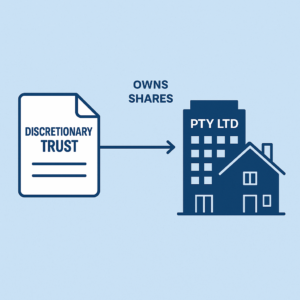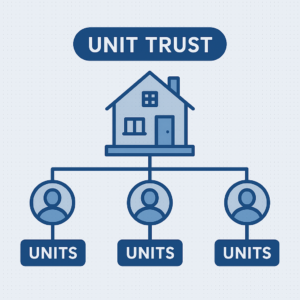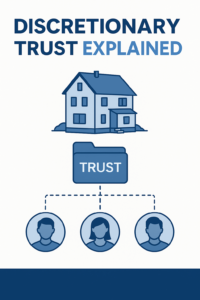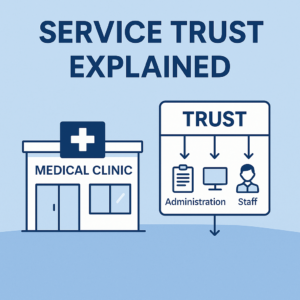Protecting Business Assets: How a Discretionary Trust Can Shield Your Valuables
Running a successful business comes with a multitude of responsibilities, one of the most important being the protection of valuable assets. For John, who owns a thriving business, this concern is front and center. With valuable intellectual property, expensive machinery, and equipment integral to his operations, John knows that a single lawsuit could potentially jeopardize everything he’s built. To mitigate these risks, John is considering a strategic approach to safeguard his business assets. In this blog, we’ll explore how establishing a discretionary trust can serve as a robust asset protection strategy for business owners like John.
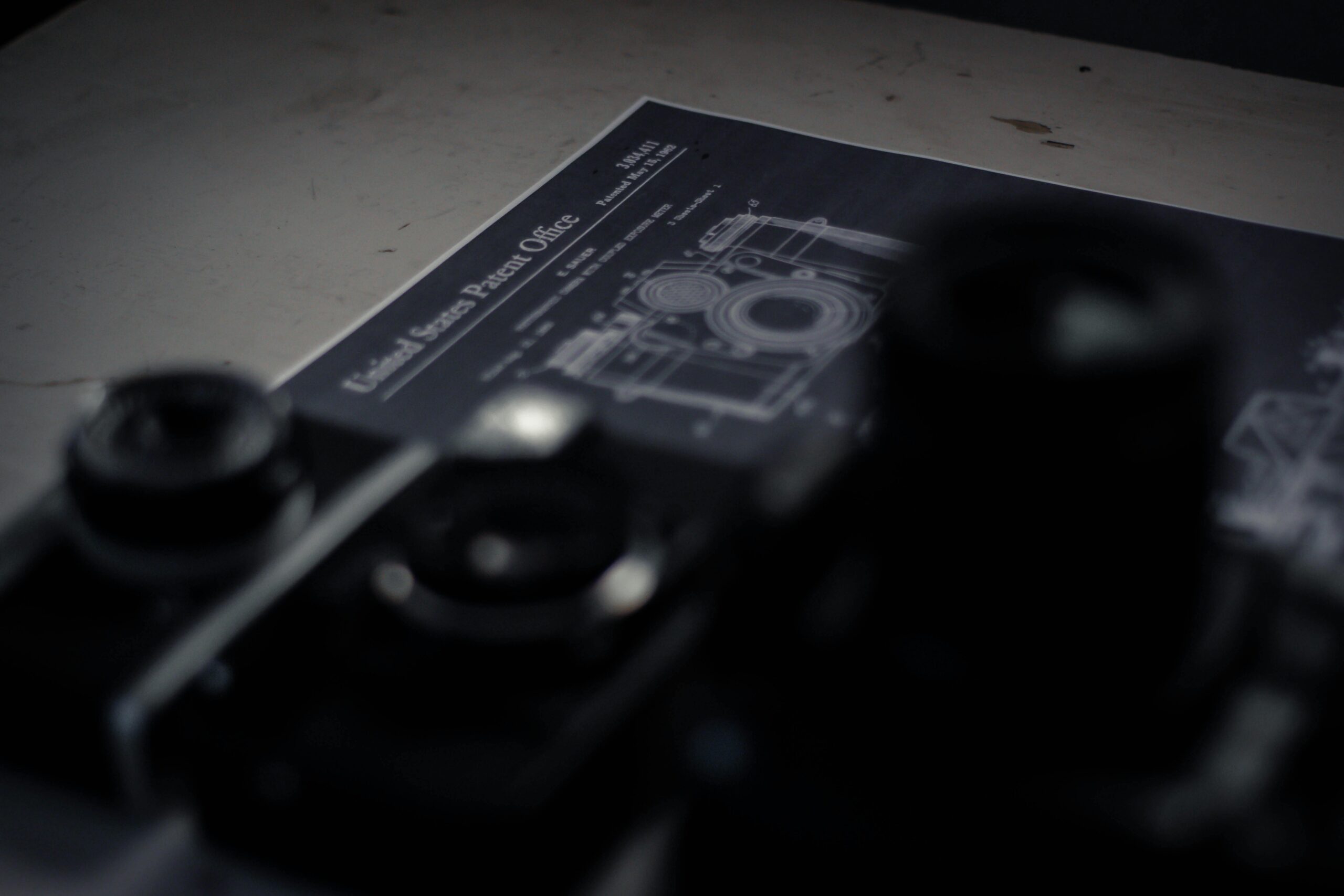
The Challenge: Protecting Valuable Business Assets
John’s business thrives on innovation and the use of sophisticated equipment. Over the years, he has invested significantly in developing intellectual property (IP) that provides a competitive edge and machinery that ensures operational efficiency. However, with these valuable assets comes the inherent risk of litigation, which could expose everything John has built to potential claims. Legal disputes, whether from competitors, clients, or even unforeseen liabilities, could lead to creditors targeting these critical assets.
John knows that if a lawsuit were to occur, the financial stability and future growth of his business could be compromised. This is why he’s seeking a solution that offers a protective barrier, ensuring his business can continue to operate and innovate without the constant fear of losing its valuable assets.
The Solution: Establishing a Discretionary Trust for Asset Protection
To shield his business assets from potential legal claims, John decides to establish a discretionary trust. This strategy not only provides a layer of protection but also allows his business to continue leveraging these assets effectively.
- Separating Asset Ownership:
By transferring the ownership of intellectual property, machinery, and equipment into a discretionary trust, John creates a legal separation between the operating business and its valuable assets. The trust, rather than the business, owns these assets. This separation makes it challenging for creditors to target these assets in the event of litigation, as they are no longer part of the business’s balance sheet. - Leasing Assets Back to the Business:
After transferring the assets into the trust, John can arrange for the trust to lease these assets back to the business. This arrangement allows the business to continue using its essential IP, machinery, and equipment without interruption. The business pays lease fees to the trust, which can also provide a steady income stream to the trust, benefiting the beneficiaries and adding a layer of tax efficiency. - Future-Proofing Asset Protection:
As John’s business continues to grow and acquire more intellectual property and equipment, these new assets can be purchased directly by the trust. This proactive approach ensures that new valuable assets are protected from day one, avoiding the need for potentially complicated and costly asset transfers later. The trust can serve as a repository for all future acquisitions, maintaining a consistent strategy for asset protection.
Key Considerations: Navigating Tax Implications
While the use of a discretionary trust provides significant protection, John must be mindful of the tax implications involved, especially when transferring existing assets.
- Capital Gains Tax (CGT) and Stamp Duty:
Transferring existing assets into the trust could trigger CGT and stamp duty, as these transfers are seen as disposals for tax purposes. This can result in substantial tax liabilities. To minimize these costs, John should work closely with legal and tax professionals to carefully plan the timing and method of transfers, ensuring compliance and reducing tax burdens. - Strategic Planning for New and Existing Assets:
New assets can be safely acquired directly by the trust, bypassing immediate tax concerns. For existing assets, John might consider staggered transfers or other tax-efficient methods to avoid sudden financial impact. Consulting with accountants and tax advisors will be crucial in implementing a strategy that balances asset protection with tax efficiency.
The Benefits: Security, Continuity, and Peace of Mind
Establishing a discretionary trust offers John multiple benefits beyond asset protection:
- Security Against Litigation: By holding valuable assets in a trust, John effectively shields them from creditors and legal claims, ensuring his business can continue to operate even in the face of legal challenges.
- Business Continuity: The ability to lease assets back to the business ensures that daily operations are not disrupted. The business retains access to the critical tools and IP necessary for success, maintaining productivity and innovation.
- Peace of Mind: Knowing that his assets are safeguarded allows John to focus on growing his business and pursuing new opportunities without the constant worry of potential litigation. This peace of mind is invaluable for any business owner.
Conclusion: Taking Proactive Steps to Protect Business Assets
For business owners like John, protecting valuable assets from potential risks is essential to ensuring long-term success and stability. Establishing a discretionary trust provides a reliable solution, offering a protective barrier that separates business operations from asset ownership. By doing so, business owners can safeguard their investments, support continued growth, and sleep soundly knowing their hard-earned assets are secure.
If you are considering asset protection strategies for your business, consulting with legal and accounting professionals is crucial. They can help tailor a plan that aligns with your business needs and ensures compliance with tax laws, providing you with the protection and peace of mind you deserve.
Others
-
October 20, 2025 Buying Property Under Your Personal Name in Australia: Pros and Cons
-
October 18, 2025 Service Trust Business Structure in Australia
